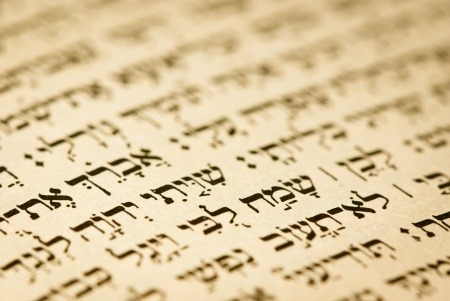-

Who Am I?
When we become believers, we become children of YHVH. He is our Father who loves us unconditionally and wants the best for us. If we did not have an earthly father who modelled this love for us, or failed us in any way, we may not be able to fully comprehend this love the Father…
-

Know thy enemy!
We need to know our enemy if we want to succeed in battle. As we know, our battle is not against flesh and blood. We need to know who these powers of darkness are that we need to struggle with. What does the Scriptures teach us about the adversary? Do we think about the adversary…
-

A response to comments about the heresy of the Enoch calendar
We have received a number of response to our previous article about the herecy of the Enoch calendar. These responses try to defend the canonicity of the book of Enoch or they question the validity of the priesthood in Jerusalem. Here we would like to present to your our further investigation into these points.
-

Evangelize as Y’Shua did
We often meet people who are convinced of their truth and are willing to share this with everybody willing to listen. If these people sense any disagreement, it can usually lead to long and heated debate. When you go on the internet onto social sites like Facebook, you find the exact same pattern. In the…
-

When is First Fruits and how to count the Omer
This day also marks the beginning of the counting of the Omer which leads to the next feast, the feast of weeks, 50 days later. The purpose of this article is to go into some more detail regarding this day, especially when it is to take place. There is some disagreement on this among believers.…
-

The Last Supper was not a Passover seder
Every year before and during Passover, we are confronted with the same questions. One of these questions is: was the last meal Y’shua had with His disciples a Pesach seder? There are many passages in Scripture that seem contradictory, especially on this topic, but we believe that these seeming contradictions are because of our lack…
